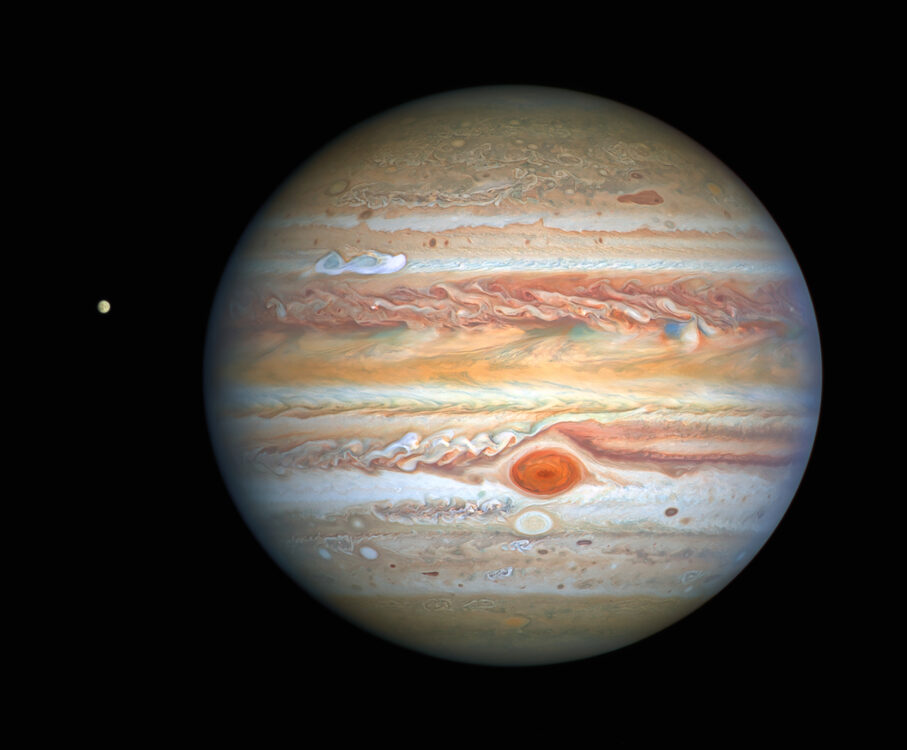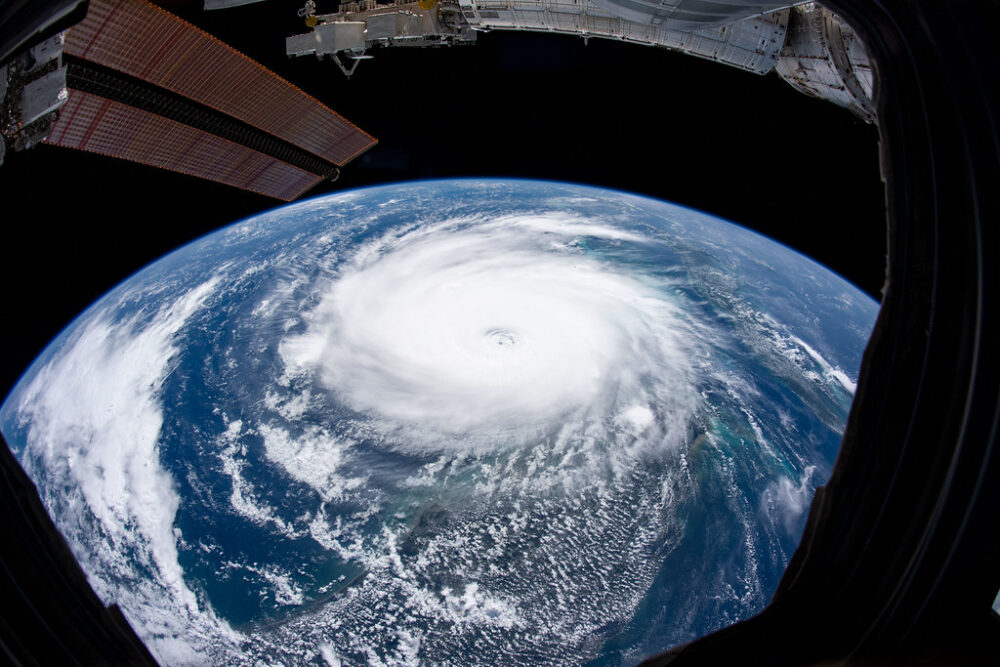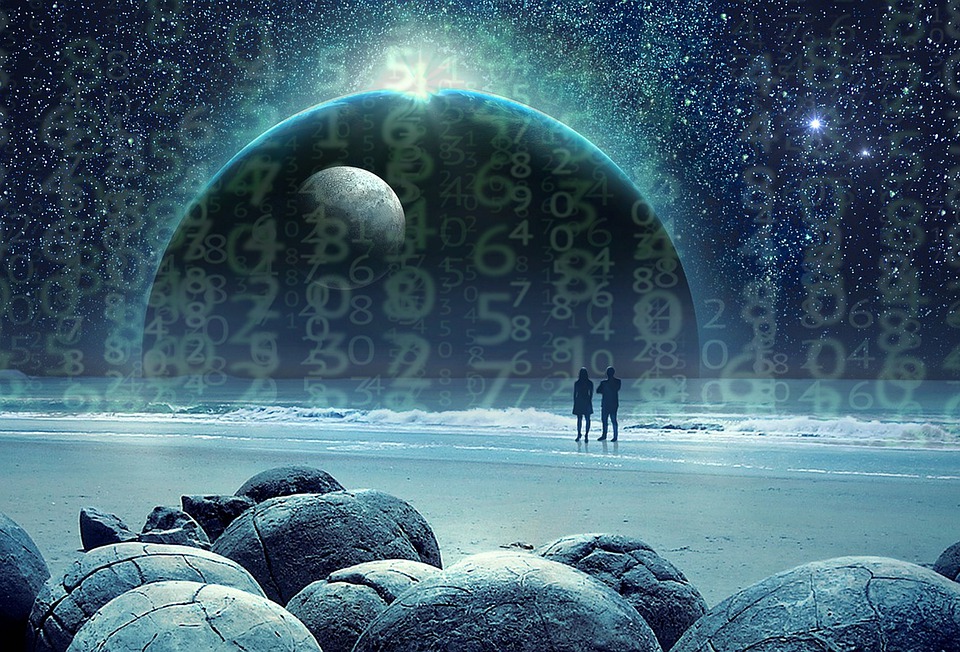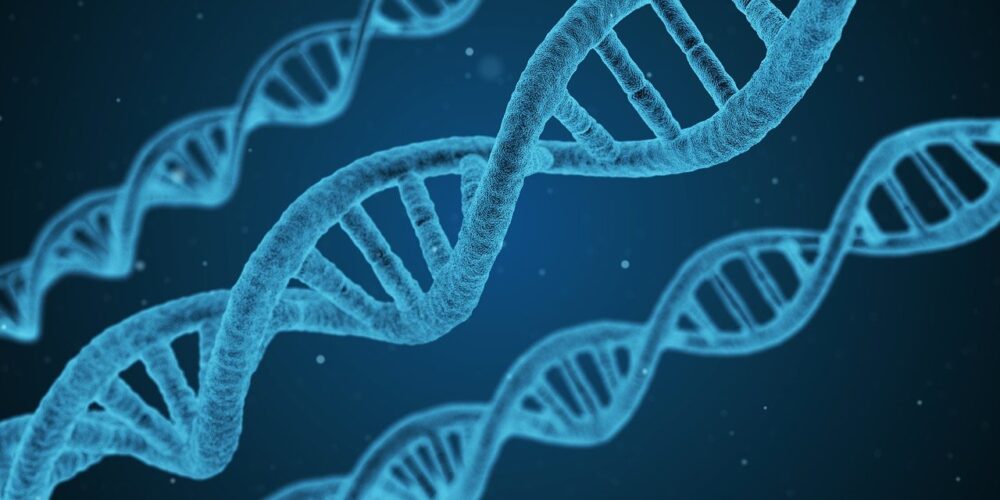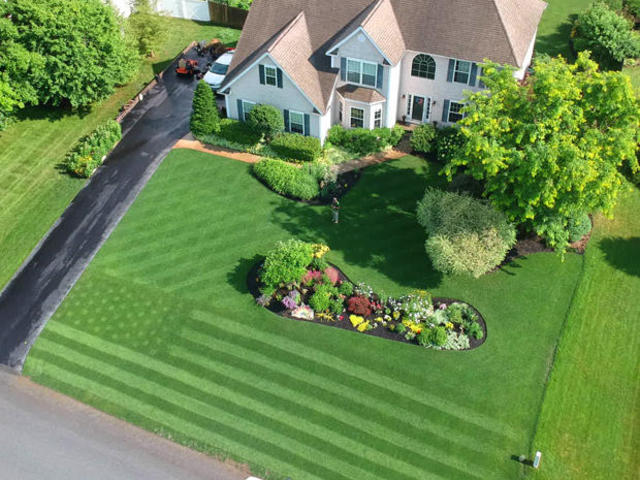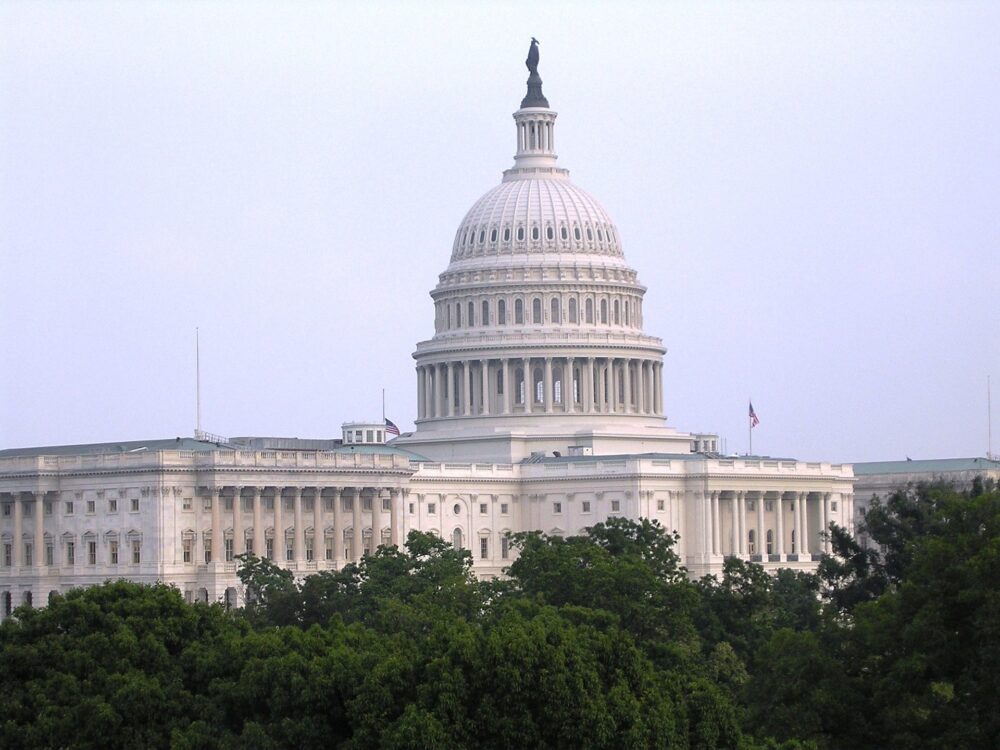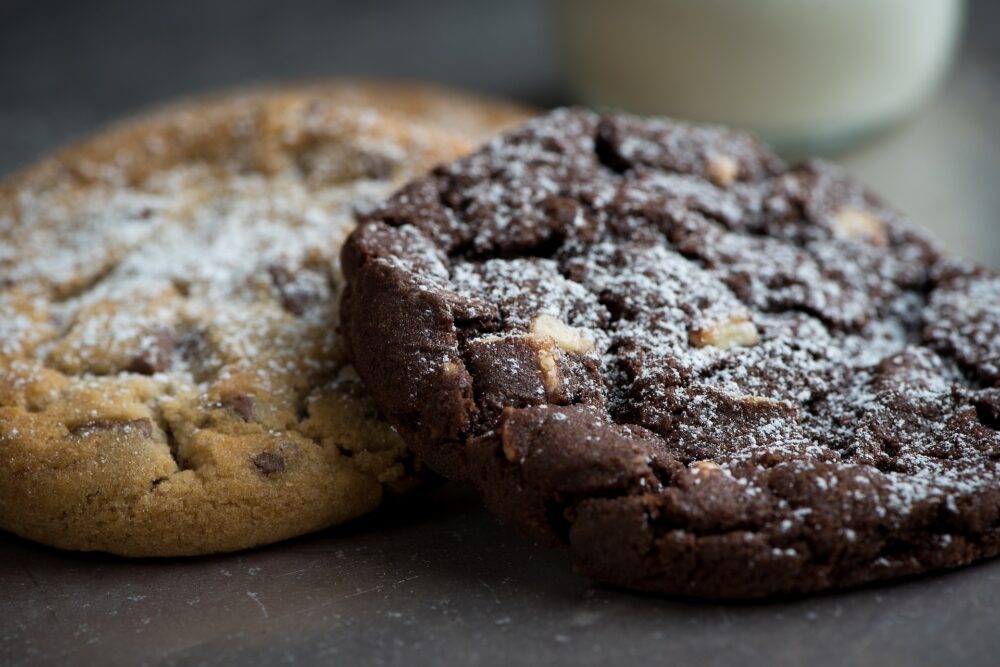Peculiar properties of a polar planet
With 79 moons and a magnetic field 20 times stronger than that of Earth, Jupiter is a unique planet in the context of our solar system. The gas giant is the fastest spinning and most massive of our planets, not to mention home to a virulent storm called the Great Red Spot that has captivated […]
Peculiar properties of a polar planet Read More »
